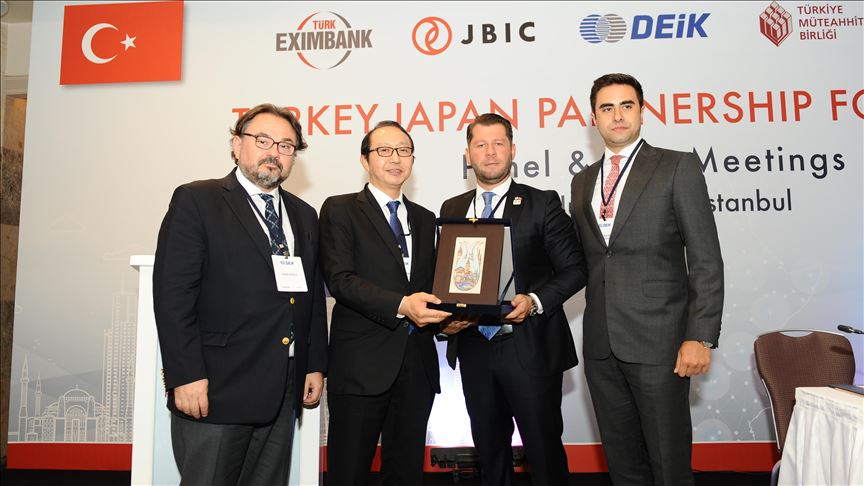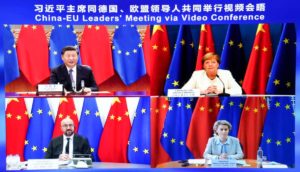This report was originally published by Japan’s Institute for International Strategy and Information Analysis – IISIA. Thank you to the author and the publishers for their kind authorization to re-publish.
Towards the end of the 20th century, China began to settle in Africa, taking an active position in the areas where the continent needed most. Rich in raw materials and underground resources, Africa has become the shining star of the 21st century with its young population. According to reports of international institutions, the expectation is that Africa’s population will increase to 2.2 billion by 2050. Another estimate suggests that the continent is on its way to becoming a $5 trillion economy by 2025. Therefore, the world’s attention is now shifting towards Africa. Experts claim that comparisons with China in the 1990s are no longer radical guesses. On the contrary, Africa will also probably outnumber China in the young workforce, population, and economic volume thanks to the FDIs in the continent over the last decades. Africa has become an investment hub and the stage of growing competition between nations.
The ultimate beneficiary of this rising star has so far been the People’s Republic of China. The data from a report by Swiss-African Business Circle shows that “China is still the largest investor in Africa over the last ten years”. It is plausible to see growing competition in the African continent, where the Chinese monopoly has been on the agenda of the global political economy. Creating jobs for Africa’s young population through foreign investments is also significant, which will build a mutually profitable and beneficial scenario in which a growing number of countries have also attempted to manifest their willingness and ambition.
One of the countries challenging the Chinese monopoly in the region is Japan. However, “by 2050, Africa is expected to be home to one-quarter of the world’s population, but Japanese investment and trade there has been on a declining trend,”[1] as one NHK story tells. Perhaps the most concrete diplomatic example of Japan’s economic presence in Africa manifests itself in the Tokyo International Conference on African Development (TICAD), which the Government of Japan has been leading since 1993. Regarding the African continent as a venue for a plethora of developing economies, the conference is co-hosted by United Nations, United Nations Development Programme (UNDP), World Bank, and African Union Commission (AUC).[2] In 2013, Japan accounted for 3% of Africa’s trade, whereas China accounted for 10%. Therefore, the growth strategy adopted by former Japanese Prime Minister Shinzo Abe would also result in increasing investments in Africa.
Turkey constitutes the fourth biggest country in newly created jobs in Africa between 2010 and 2019, evolving into one of Africa’s most active trade partners. In this sense, Turkey and Japan have demonstrated their amicable attitude and approach towards Africa concerning private sector collaboration. Like in several other topics, including cultural relations, history, and bilateral trade, Japanese-Turkish cooperation has manifested its strength in African investments. Sino-Turkish cooperation does not seem likely to occur in the near future, especially when Japan-Turkey economic cooperation is reaching its peak. Although currently Japan and Turkey’s trade with Africa is far from being on par with China’s, the intentions expressed by the business community indicate that we will keep witnessing Japan-Turkey cooperation in Africa and its developing economies, even if it remains unlikely that this dynamic economic alliance replaces China’s dominance on the continent.
The full report can be downloaded here:
[1] Shinozaki Natsuki, “Japan and China in Africa: from competition to collaboration”, in NHK World, September 6, 2019.
[2] The Seventh Tokyo International Conference on African Development (TICAD7) (Yokohama, 28th – 30th August 2019), on the website of the Ministry of Foreign Affairs of Japan (MOFA).
Picture credits: Anadolu Agency




Be First to Comment